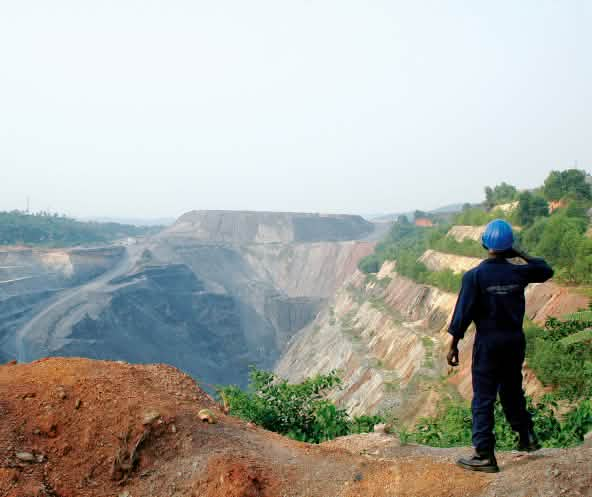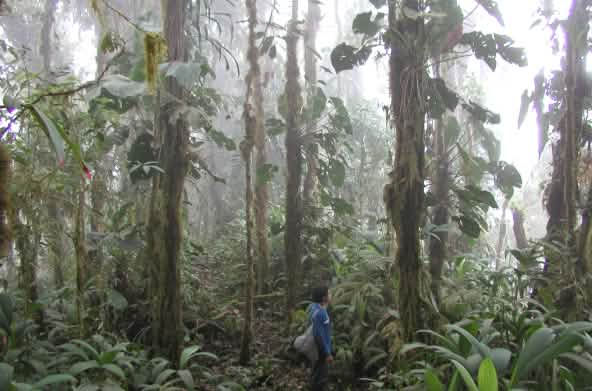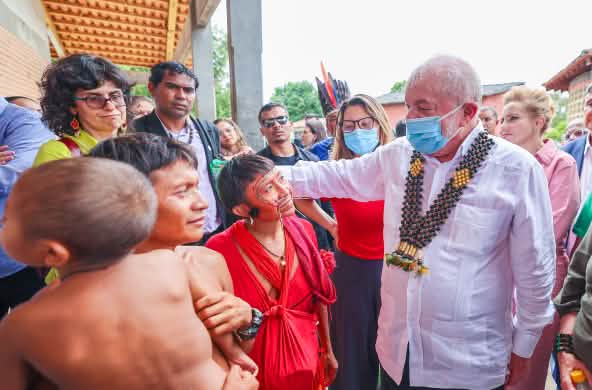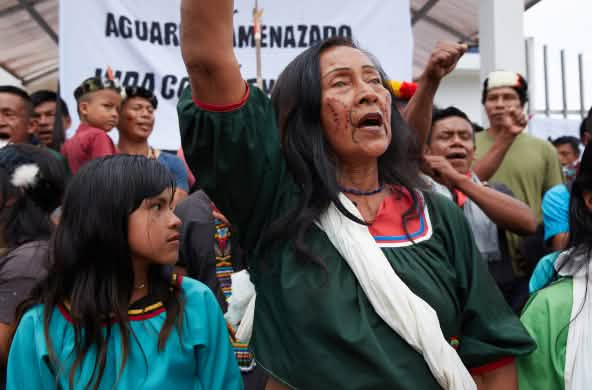
Gold
The romantic notion of gold prospecting has little in common with today’s mining operations. Find out about the environmental cost of our lust for gold – and what we can do to stop the insanity.
Few commodities provoke as much controversy as gold. The gleaming precious metal has always been a symbol of wealth and prosperity. The weakness of the dollar and the global financial crisis sent the price of gold soaring: In early 2008, the price for an ounce exceeded $1,000 for the first time. But gold mining is a dirty business that causes severe harm to the environment. Modern gold mining violates human rights and leaves devastated landscapes, lasting environmental damage and social problems in its wake.
Learn more from our FAQs:
Glossary
Cyanide: Cyanide is a highly toxic chemical used to dissolve gold from rock. When exposed to air, rock treated with cyanide forms acids that eat their way through the subsoil over time, ultimately polluting the groundwater.
Your signature can make a real difference. Our petitions expose destructive projects and name the perpetrators. Together we can have an even greater impact!






